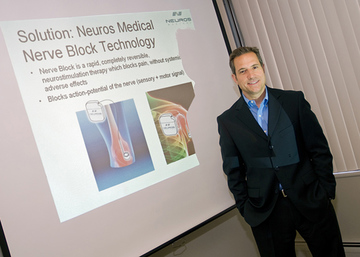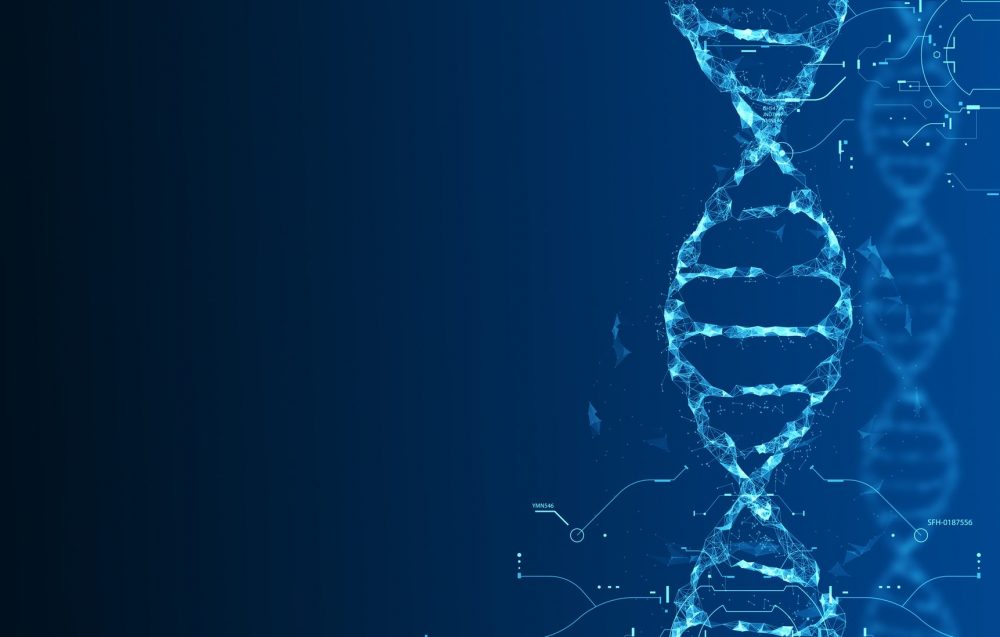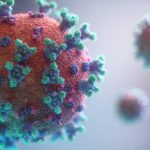There are some 7,000 known rare diseases in the world today and they affect an estimated 25-30 million people in the United States alone.
This day, celebrated every year on February 28th, holds special significance to me because my six-year-old son is one of the 1 in 10 Americans with a rare disease. In fact, my son’s “disease” is so rare, it doesn’t even have a name.
We were given a coordinate on the long arm of Chromosome 5 that represents his micro-deletion of 61 genes. This missing genetic information causes him hearing loss, hypotonic cerebral palsy, and global developmental delays.
Through our journey of diagnosis and the inevitable “What can be done?” questions, I’ve become acutely aware of how much is yet to learn about our genes and what each one does. Few medical treatment options are available for my son or our larger community. We fall into the approximately 80% of rare diseases that have a genetic component and 90% of rare diseases that don’t have an FDA-approved treatment.
I know the fear of the unknown and the powerlessness in wishing I could do more for him.
This experience motivates me in my role at iSelect, helping to support and grow our network of stakeholders who drive innovation in healthcare. This includes investors, startups, doctors and scientists creating new diagnostic and therapeutic technologies across a number of medical conditions.
Innovators making a difference
While the issue of funding research for rare diseases remains, there are plenty examples of emerging technologies that I am excited about supporting through iSelect, in hopes that they will also benefit the rare disease community. These include:
GeneMatters, a telehealth platform that makes the genetic counseling process 4-5 times more efficient than it is today.
Flywheel, a startup that has developed a cloud-based collaboration platform in which scientists across the world can share reproducible science and work together to advance discovery at an accelerated pace.
Cofactor Genomics, which is using proprietary RNA sequencing technology and machine learning algorithms to diagnose disease.
Holobiome, which is developing a platform for microbiome-based therapeutics to treat diseases of the central and enteric nervous systems.
Neuros Medical, which is focused on developing proprietary therapies for unmet needs to patients worldwide, including a proprietary technology focused on the elimination of chronic pain.
And so many more.
As iSelect continues to grow its healthcare network, we have taken an active interest in connecting with people working in gene therapy, precision diagnostics, synthetic biology, tissue engineering, microbiome therapeutics, AI in drug discovery, brain-computer interfaces, nutrition’s role in healthcare, and more. These are all areas that could have a profound impact on the rare disease community as knowledge and innovation grows.
As my son’s issues are neurologically based and due to genetic abnormalities, I’m particularly interested to follow developments in gene therapy and anything that helps further our knowledge of the brain.
Beyond him, beyond us, I’m excited to see how all of these technologies will help people with a range of diseases both common and rare, and profoundly change the lives of many.
To get updates on the healthcare technologies iSelect is watching and investing in, sign up here.






